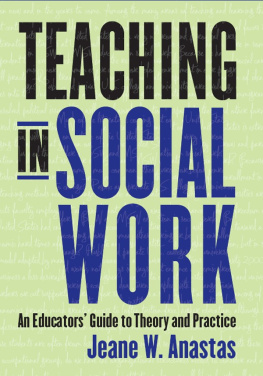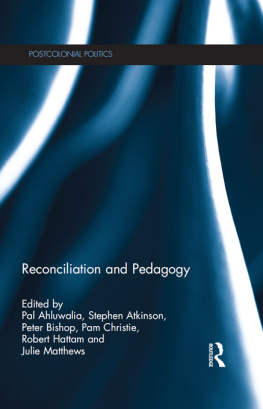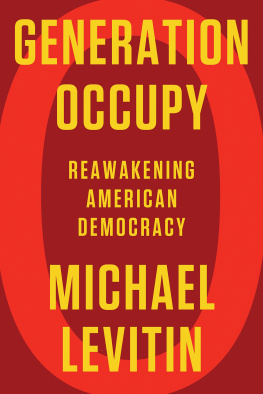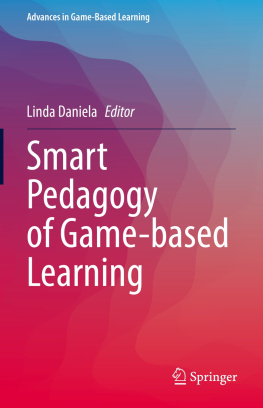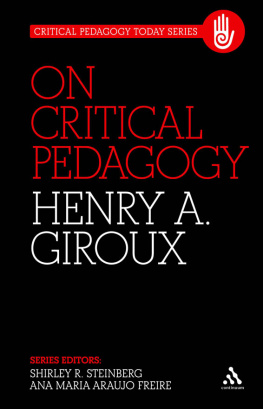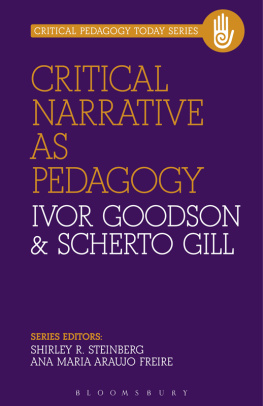
Spaces of Political Pedagogy
This book examines three sites of pedagogical innovation, all of which are explicitly activisms against the current political and pedagogical climate. Drawing on an interdisciplinary framework including autonomous Marxism, post-anarchism, social movement theories and theories of critical pedagogy, it examines social movements though a pedagogical lens and attempts to understand how connections can be made between social movement learning and other initiatives and forms of higher learning. With studies of the London Occupy! movement; The Social Science Centre, a co-operative higher learning provider that practises popular education in city venues; and a university politically opposing the student as consumer ethos, Spaces of Political Pedagogy connects these various projects as a continuum of educational experimentation, offering insights into the ways in which these sites practice pedagogy and the manner in which these practices could be implemented more widely to inform and improve struggles for wider social justice. As such, it will appeal to scholars of education and sociology with interests in pedagogy, social movements and activism.
Cassie Earl is a lecturer in Education at the School of Education, at the University of Bristol, UK.
Spaces of Political Pedagogy
Occupy! and other radical experiments in adult learning
Cassie Earl
First published 2018
by Routledge
2 Park Square, Milton Park, Abingdon, Oxon, OX14 4RN
and by Routledge
711 Third Avenue, New York, NY 10017
Routledge is an imprint of the Taylor & Francis Group, an informa business
2018 Cassie Earl
The right of Cassie Earl to be identified as author of this work has been asserted by her in accordance with sections 77 and 78 of the Copyright, Designs and Patents Act 1988.
All rights reserved. No part of this book may be reprinted or reproduced or utilised in any form or by any electronic, mechanical, or other means, now known or hereafter invented, including photocopying and recording, or in any information storage or retrieval system, without permission in writing from the publishers.
Trademark notice: Product or corporate names may be trademarks or registered trademarks, and are used only for identification and explanation without intent to infringe.
British Library Cataloguing-in-Publication Data
A catalogue record for this book is available from the British Library
Library of Congress Cataloging-in-Publication Data
A catalog record has been requested for this book
ISBN: 978-1-138-63321-6 (hbk)
ISBN: 978-1-315-20780-3 (ebk)
I want to dedicate this work to all those people out there who are inconveniencing power to change the world. Those brave people who do things, who act, who put their bodies on the line to create a better future for all of us. Those are the people I wish to support, to help as critical friend; those are the people whose stories I wish to tell, to give yet another echo to their voice. Those are the people that give us all hope, that create a trust in humanity against the backdrop of distrust and despair. Those people have made this work possible and I am grateful to them for that, but more than my gratitude, I offer them my solidarity, my hope and my future efforts.
These people here on the streets of London, are learning, they are educating and being educated by the very fact of their being here. I wish people understood that, I wish people understood that school is not education and education is not school, for me the two concepts could not have been more different. People have said to me that I might not be interested in their story as they are not educated and would therefore be uninteresting for my study on the contrary, they have a wealth of education, they are wildly interesting, they have the best education a person could have, they have street smarts, they have, for some reason, been unsuccessful in the system of schooling for me it was dyslexia and a non-conformist streak a mile wide for them it could have been anything, a need to work, a racially biased curriculum, a gendered classroom,whatever. But, if they failed at school, yet they are still here, believing they can change things, then they are the most educated people I know.
(Authors Reflective Fieldwork Journal, 2012)
Paulo Freire once said that
There is no tomorrow without a project, without a dream, without utopia, without hope, without creative work, and work towards the development of possibilities, which can make the concretization of that tomorrow viable.
(Freire, 2007: 26)
And the following notion from Williams (1989: 118) adds to Freires sentiment in a robust way for our times: To be truly radical is to make hope possible, rather than despair convincing. These words from Freire and Williams are the opening sentiments of this book, the projects described and discussed here are seen in this work as the development of possibilities, the creative work that makes the dream, the hope and the utopia always more possible. These are words that have inspired the narrative in this endeavour, the exploration of possible models of pedagogical organisation for new ways of thinking and enacting pedagogy; projects that have dreamt, been creative and worked toward a new tomorrow.
This book, then, is an examination of the type/s of pedagogy that were practiced within three pedagogic actions in the UK during 20112014. These actions attempted to explore ways of people being pedagogically and personally together otherwise. The book examines the pedagogical social relations within these actions, and the claims being made about them in an attempt to understand what organisational forms might be realised in education in order to create the possibility of a transformative praxis for social justice and emancipatory learning. Each of these actions aims beyond merely anti-capitalist relations by prefiguring different ways of organising society through education. It is argued in each of these three actions, and in this book, that the social relations that are necessary for the continuation of a globalised capitalist society are harmful to human dignity, cooperation, and quality of life, as well as being harmful to the Earth itself in terms of environmental destruction through private ownership of all of nature itself (Graeber, 2013; Hardt & Negri, 2000, 2004, 2009, 2012; Harvey, 2003, 2011, 2012; Holloway, 2010; Smith, 1984; The Invisible Committee, 2009). It is also argued that new sites of struggle need to be identified as, due to the changing nature of production, old theories regarding who can be revolutionary change agents may have to be revised (Fisher, 2009; Gorz, 1997; Hardt & Negri, 2004, 2012; Holloway, 2010; Melucci, 1989; Steinberg, 2007; The Invisible Committee, 2009).
Holloway (2010: 29) insists that capitalism, ever since its beginning, has been a movement of enclosure, a movement of converting that which is enjoyed in common into private property. Today we are becoming increasingly aware that this includes areas of life such as education (Bailey & Freedman, 2011; Couldry, 2011; Crowther et al., 2005; Nixon, 2011; Williams, 2013, etc.). However, this research did not start out as attending to the privatisation or commodification of our education system; it started out as an exploration of the popular pedagogy taking place in the UK Occupy movement, particularly Occupy London and the Stock Exchange (LSX) camp outside St. Pauls Cathedral, in the autumn of 2011 to the spring of 2012.


